The Arab League has taken unexpected measures to try and end the Assad regime in Syria.
The Arab League’s acrimony towards the government of Bashar Al-Assad in Syria has reached a new height of intensity. On Sunday, the Arab League adopted a resolution that asked the United Nations Security Council to support the deployment of an Arab League-led peacekeeping force in Syria. In addition to this measure, the Arab League asked its 22 member states to break off all diplomatic contact with the Syrian government, increase its already emplaced sanctions on the Syrian government, and to increase support for anti-government opposition groups, although which anti-Assad groups specifically would be supported was left unmentioned.
This was the latest move in over six months of diplomatic activity against the Syrian government by the Arab League. In November 2011 the Arab League proposed a peace plan in which Arab League military and civilian observers would be allowed to monitor the Syrian government’s handling of the anti-Assad protests. Although the Syrian government accepted this plan initially, its refusal to allow observers into Syria sparked the ire of the Arab League, which proceeded to impose economic sanctions on the Syrian government. The sanctions included a restriction on transactions with the Syrian Central Bank, a travel ban to Arab League states, and a freeze of the assets of senior officials in the Al-Assad government.
Pressured by the actions undertaken by the Arab League, the Syrian government allowed the now disbanded Observer Mission into Syria; a mission that ended on January 28 with assertions made by the Arab League that the Syrian government was un-cooperative and perpetrating violence against its citizens. Prompted by this failure, the Arab League, working in co-ordination with its allies in the UN Security Council (most notably the United States, France, and Great Britain) unsuccessfully attempted to pass a tough-worded resolution denouncing the Al-Assad government, two weeks ago. Amongst the clauses in the first draft of the resolution was a demand that President Al-Assad cede his authority to his Vice-President Farouk Al-Sharaa, an arms embargo against the Syrian government until Al-Assad stepped down, and a 15-day timeline for the plan to be implemented under the threat of “further measures.”
In response to resistance from Russia, on the grounds that the first draft resolution would be a violation of Syrian sovereignty and would have the effect of leading to an escalation of hostilities in the country that would lead to civil war, the original draft resolution was modified to remove the clauses calling for Al-Assad to step down immediately and the embargo on the sale of arms to the Syrian government. The resolution was vetoed by Russia and China on February 4.
Syria has become the cause celebre of the Arab League, and the increasing violence of the Syrian Uprising is a new test of the Arab League’s will to police its member states. The Arab League has been especially forceful in expressing its discontent with the Syrian government. Responding to its diplomatic failures with a resolution for an armed peacekeeping intervention in Syria, the Arab League is demonstrating a previously unseen resolve to use military force to end the Syrian government’s resistance to the protests. Key Arab League states such as Qatar, Saudi Arabia, and Egypt have been early and vocal opponents of the Al-Assad government and the Arab League’s efforts against the Syrian government are not likely to end soon.
The views expressed in this article are the author's own and do not necessarily reflect Fair Observer’s editorial policy.
Support Fair Observer
We rely on your support for our independence, diversity and quality.
For more than 10 years, Fair Observer has been free, fair and independent. No billionaire owns us, no advertisers control us. We are a reader-supported nonprofit. Unlike many other publications, we keep our content free for readers regardless of where they live or whether they can afford to pay. We have no paywalls and no ads.
In the post-truth era of fake news, echo chambers and filter bubbles, we publish a plurality of perspectives from around the world. Anyone can publish with us, but everyone goes through a rigorous editorial process. So, you get fact-checked, well-reasoned content instead of noise.
We publish 2,500+ voices from 90+ countries. We also conduct education and training programs
on subjects ranging from digital media and journalism to writing and critical thinking. This
doesn’t come cheap. Servers, editors, trainers and web developers cost
money.
Please consider supporting us on a regular basis as a recurring donor or a
sustaining member.
Will you support FO’s journalism?
We rely on your support for our independence, diversity and quality.


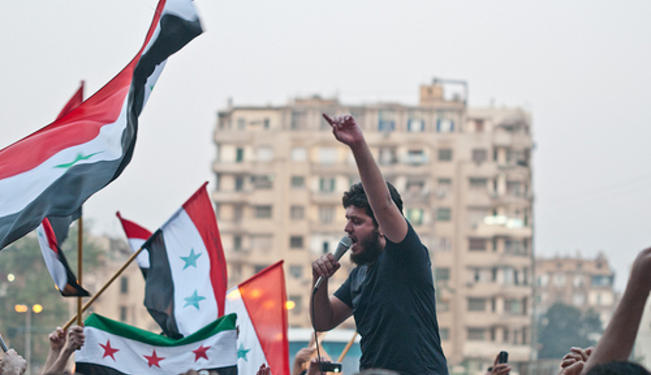
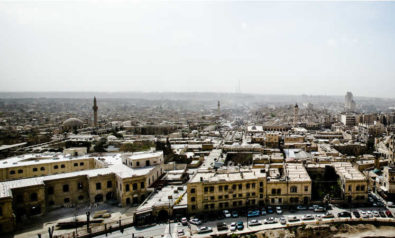



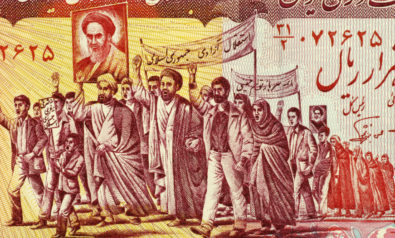

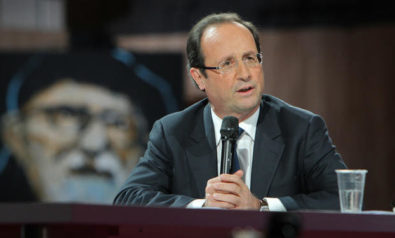
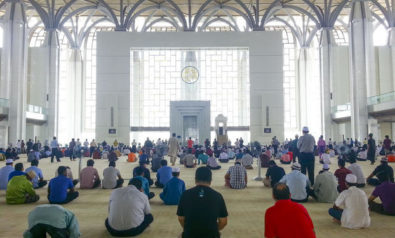



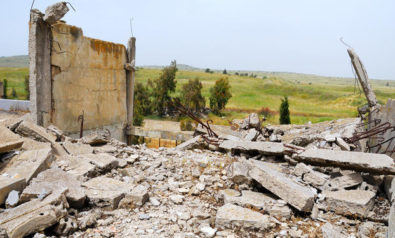



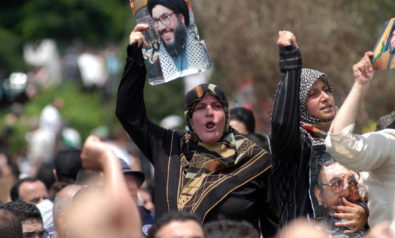





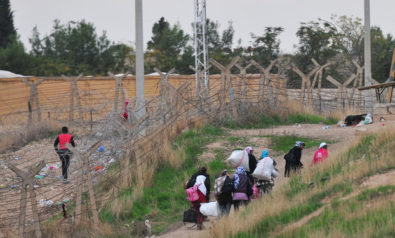
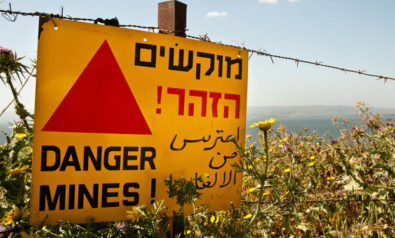
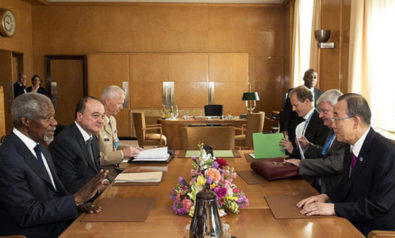

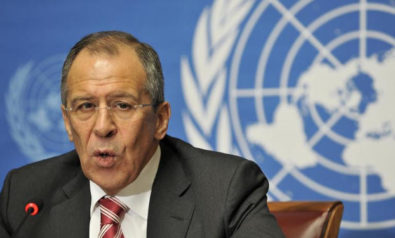

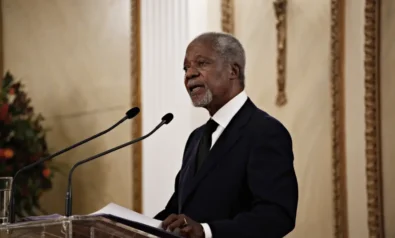

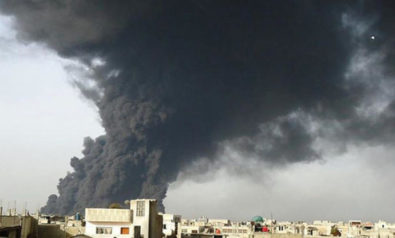

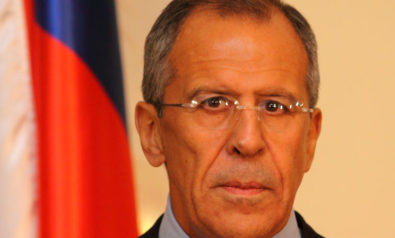
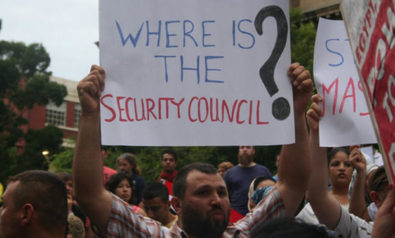






Comment